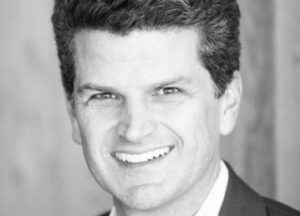Suzanne Delbanco connects with Chris Cigarran, CEO of Imagine Health, an alternative to traditional health insurance plans that uses partnerships with high-quality health systems, built-in cost controls, and advanced member advocacy. Prior to Imagine Health, Chris built the employer and government sales division of a wellness company and has also served as Chief HR Officer.
To begin the interview, Suzanne lays out a pain point many self-insured employers are facing: the significant consolidation on the hospital, health system, and provider market. As the buyers of health care, employers do not have enough leverage to keep prices in check. Chris approaches this obstacle from the provider point of view, explaining that health system CEOs, like CEOs in other businesses, require customers to deselect their competitors in order to receive discounts. If a health plan or employer isn’t willing to steer their plan participants to certain providers and away from others, it limits their ability to negotiate more effectively in the provider marketplace.
Suzanne and Chris examine the historical insistence among employers for broad access Preferred Provider Organization (PPO) health plans as a root cause of health care price inflation. This may be changing as employers prepare to weather the current recession. Prior to the COVID-19 pandemic, employers were looking to add services in health benefits as opposed to making changes to save money. Now, employers want to reduce their health care spending as a way to avoid lay offs.
Chris Cigarran speaks to the power of the status-quo from a change management perspective. What’s clear is that the health care status quo is not meeting the needs of consumers, with the most blatant example being patients with chronic conditions having to reach an exorbitant family deductible before their insurance kicks in.
Chris Cigarran and Suzanne Delbanco also discuss the Medicare Plus contracting model pioneered by Montana’s state employee health plan. Chris shares his fascination with this novel way to approach health care. While the viability of this model is unclear, what is clear is the need for further experimentation.
This interview is part of CPR’s current work to understand whether group purchasing efforts can secure better health care value for employer-purchasers. Funded by the Commonwealth Fund, CPR is assembling insights into the forces that can facilitate or hinder purchaser efforts to amass volume. Keep an eye out for more interviews on this topic.

